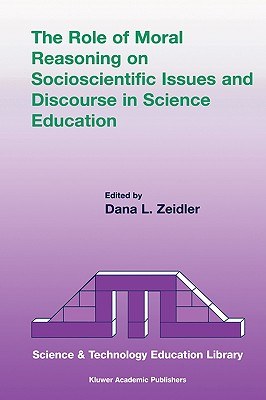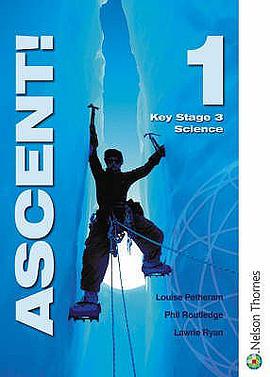

具體描述
In his lifetime Robert Southey was very much the equal of his fellow 'Lake poets', Coleridge and Wordsworth. But since his death his reputation has been overshadowed by their success. In this new biography W.A. Speck argues that if Southey's poetry is no longer considered as significant, his other writings were more salient and his political views far more influential than those of his fellow poets. He was, as Byron conceded, England's 'only existing entire man of letters'. The book engages with Southey's voluminous publications, weaving discussion of them into the narrative of his life. It shows how he moved from self-confessed republican and admirer of the French Revolution in the 1790s, to 'the most powerful literary supporter of the stories' by the 1820s. Speck has explored Southey's full correspondence, not simply that which appeared in the editions edited by his descendants. They reveal a man of considerably greater emotional complexity than previously assumed. Far from a happily married man, Southey sought intellectual and emotional fulfillment outside a tepid marriage, first from Mary Barker, and then from Caroline Bowles who became his second wife. The first fully rounded life for sixty years, Speck's account sets Southey in historical context and restores him to the map of English literature.
著者簡介
圖書目錄
讀後感
評分
評分
評分
評分
用戶評價
相關圖書
本站所有內容均為互聯網搜索引擎提供的公開搜索信息,本站不存儲任何數據與內容,任何內容與數據均與本站無關,如有需要請聯繫相關搜索引擎包括但不限於百度,google,bing,sogou 等
© 2025 book.quotespace.org All Rights Reserved. 小美書屋 版权所有




















